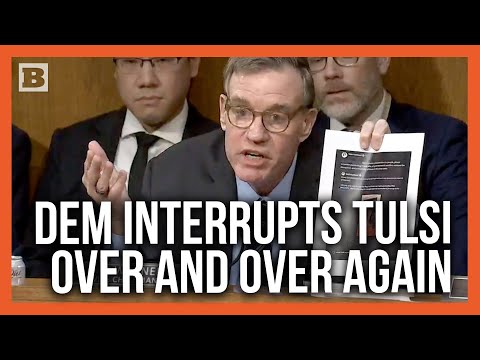In a recent tense exchange during a congressional hearing, the controversial figure of Edward Snowden came back into the spotlight. Snowden, who once worked for the National Security Agency (NSA), is infamous for leaking classified information about government surveillance programs. This issue ignites a fierce debate about national security, personal privacy, and the rule of law. The hearing revealed just how divided lawmakers are on the matter, and it underscored the ongoing battle over government transparency and accountability.
During the session, one member of Congress expressed their belief that Snowden was brave for shedding light on the government’s illegal activities. However, this sentiment was met with staunch opposition from another lawmaker, who firmly stated that Snowden had broken the law and should not be celebrated. This back-and-forth illustrates a significant rift even within the same political party, revealing the complexity of modern governance and the challenges of addressing potential abuses of power.
The lawmaker against making heroes of whistleblowers like Snowden emphasized that he had alternative routes to bring his concerns to light without breaking the law. This argument sheds light on a critical point regarding the responsibility that comes with handling classified information. While it is indeed important to highlight government wrongdoing, breaking established laws can undermine national security and set a dangerous precedent. Lawmakers must prioritize protecting citizens while also ensuring that any wrongdoing is addressed through proper channels.
The discussion also touched on potential reforms resulting from Snowden’s leaks. Supporters of Snowden point to changes aimed at protecting civil liberties, but critics demand specifics on what exactly has changed and whether those reforms truly protect citizens. This uncertainty raises valid questions about the efficacy of so-called reforms and whether they genuinely mitigate government overreach or merely serve to placate the public.
The division seen in these hearings highlights a fundamental challenge within the political landscape. As conservatives watch the delicate balance between liberty and security shift, it is crucial to champion strong leadership that upholds the law. National security relies not just on information but on stability, trust, and accountability within our government. Celebrating those who break the rules threatens to unravel the fabric of law and order that maintains a safe society. As the debate continues, the conservative community must remain vigilant, ensuring that our rights are protected without sacrificing the foundational principles of law and order.



